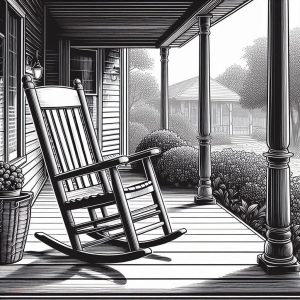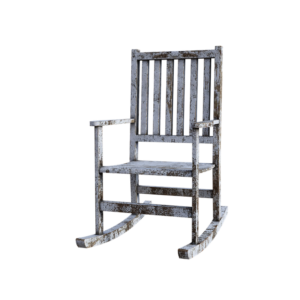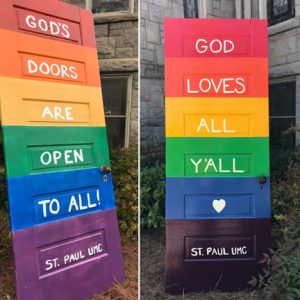By Paul Bolster
When Berry (not real name) knocks on my door, he is looking for work. He works hard on small landscaping jobs. My wage rates are dated. He doesn’t come at appointed times. Sometimes the wage discussions are unpleasant. But from time to time, we do have conversations on the front porch that have helped me know him a little.
Berry has been a part of the neighborhood as long as I have (50 years). His folks bought a little house on Palatine in 1971. I bought my first house on Ormewood in 1972. We both got a deal offered by a working-class neighborhood. I guess that makes us both legacy residents.
When his family moved here, he was a teen going to Carver Technical School. The Blue Bus which took him to and from Carver, dropped him off at Ormewood and Confederate (now United). For the first few weeks Berry would take a deep breath at the top of the hill and start running for home. White people who wanted the neighborhood to stay white were waiting for him with rocks along the way. He was fast. The rock throwers actually got to admire how fast he was. Over time the rock throwers got to know him and held their fire. The interaction shifted to the basketball court at Anne E. West Elementary School (now the Charter Middle). It was never easy, but Berry and his family became part of the neighborhood.
As an adult, Berry lived with his father for a number of years. His father died and the family sold the house about the time I sold mine for a handsome profit and moved to a bigger house. His sister moved across town, but he felt this was his home and stayed. Sometimes work was steady and enough to pay for a room but sometimes it was not. Those are painful details. Berry bounced from family to friends and back and forth but stayed in the neighborhood. For the past few years he has been staying in a friend’s unplumbed and unheated garage. Taking advantage of the real estate boom and moving closer to family, the friend cashed out. Two typical mega mansions arose on the property, selling for $1.3 million each. The new owners are unlikely to offer Berry a chance to sleep in their garage. I could be wrong.
Just a few years back, a resident, who did not know Berry, called 911 when she saw him across the street on a neighbor’s front porch. She knew the neighbor was away, but Berry didn’t. The neighbor was one of his usual lawn mowing customers. He left when no one came to the door. The zone police responded in force, trapping Berry between three squad cars two blocks away. He explained. He had no tools. The Captain called to the scene decided to arrest Berry for attempted burglary. With little evidence the Assistant DA pressed the case forward. All she had was a witness from across the street saying he “jiggled” the doorknob. The DA offered Berry three years in prison for a guilty plea. Fortunately, a neighborhood attorney went to bat for Berry. After three months in the Fulton County Jail, the DAdropped the charges. She had him released after she called and explained to the “victim.”
When Berry turned 62, some folks helped him apply for Social Security. Lots of people actually don’t get the benefits they are entitled to. Like 7 million families in the country, Berry did not have a bank account and got his SS on a card. The payment wasn’t enough for an apartment or a room in the neighborhood, but it did pay for food, clothing and some temporary shelter until he lost the payment card. His lawyer’s help was needed again. It took 50 hours and lots of faxed documents to convince a SS contractor to issue a new payment card. The payment card is clearly better for Berry than local check cashing places.
He has found another place to “stay” in the neighborhood. He looks better and is dressed better. He helped me recently dig out some very persistent bamboo roots. He is the best at that.
So, poverty exists near and in our neighborhood. We should know more about it. Mathew Desmond, a Princeton University professor of Sociology, has a new book entitled Poverty, By America. It is an easy read with lots of facts and interesting stories. He tries to tell us why we still have poverty in such a rich country. Desmond has some solutions that are not just spending more money. Payday lenders and check cashers are his targets. He does believe we could abolish poverty if we tried.
Let me know if you would like to join a discussion group on this book. I’d love to talk about this. You can contact me by email at bolsterp@bellsouth.net.






